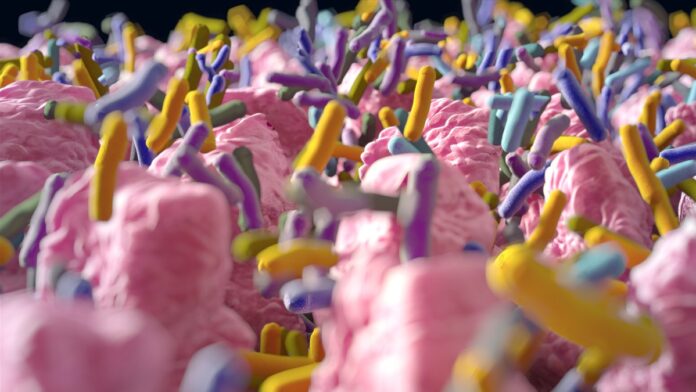Researchers have pinpointed a critical genetic mechanism driving Crohn’s disease: mutations in the NOD2 gene that disrupt the ability of immune cells to regulate inflammation. The discovery clarifies how the body’s defenses can turn against itself in the gut, leading to the chronic inflammation characteristic of Crohn’s.
The Role of NOD2 and Macrophages
For years, variations in NOD2 have been linked to Crohn’s, but the exact mechanism remained unclear. Now, scientists at UC San Diego have used machine learning to track the behavior of immune cells in both healthy and inflamed guts. The study reveals that NOD2 mutations impair the ability of macrophages – the gut’s key immune “peacekeepers” – to switch between protective and inflammatory states.
Macrophages typically cycle between two modes: attacking infections (inflammatory) and repairing damage (non-inflammatory). A healthy gut maintains balance between these states, but NOD2 mutations disrupt this equilibrium.
Girdin: The Missing Link
The research identified a 53-gene signature controlling macrophage state in inflammatory bowel disease (IBD). A key protein, girdin, was found to work in tandem with NOD2 to keep macrophages alert to threats without overreacting. Without this partnership, macrophages in repair mode become less efficient, while those in attack mode become overly aggressive.
NOD2 functions as the body’s infection surveillance system. When bound to girdin, it detects invading pathogens and maintains gut immune balance by swiftly neutralizing them. Without this partnership, the surveillance system collapses.
Evidence from Mouse Models
Experiments on mice lacking girdin confirmed the findings: these mice developed severe gut inflammation and died of sepsis, an overreaction of the immune system. This suggests that the NOD2 –girdin interaction is essential for maintaining gut homeostasis.
Implications for Treatment
Identifying this genetic mechanism opens new avenues for targeted therapies. Drugs that restore the NOD2 –girdin partnership could potentially rebalance the gut’s immune response and alleviate Crohn’s symptoms.
“These insights shed new light on the molecular pathways underlying gut homeostasis and the progression of IBD, offering potential therapeutic avenues for restoring balance in macrophage subpopulations,” the researchers conclude.
The study highlights how disruptions in fundamental immune regulation can lead to chronic inflammation and underscores the importance of understanding these pathways for developing effective treatments



































